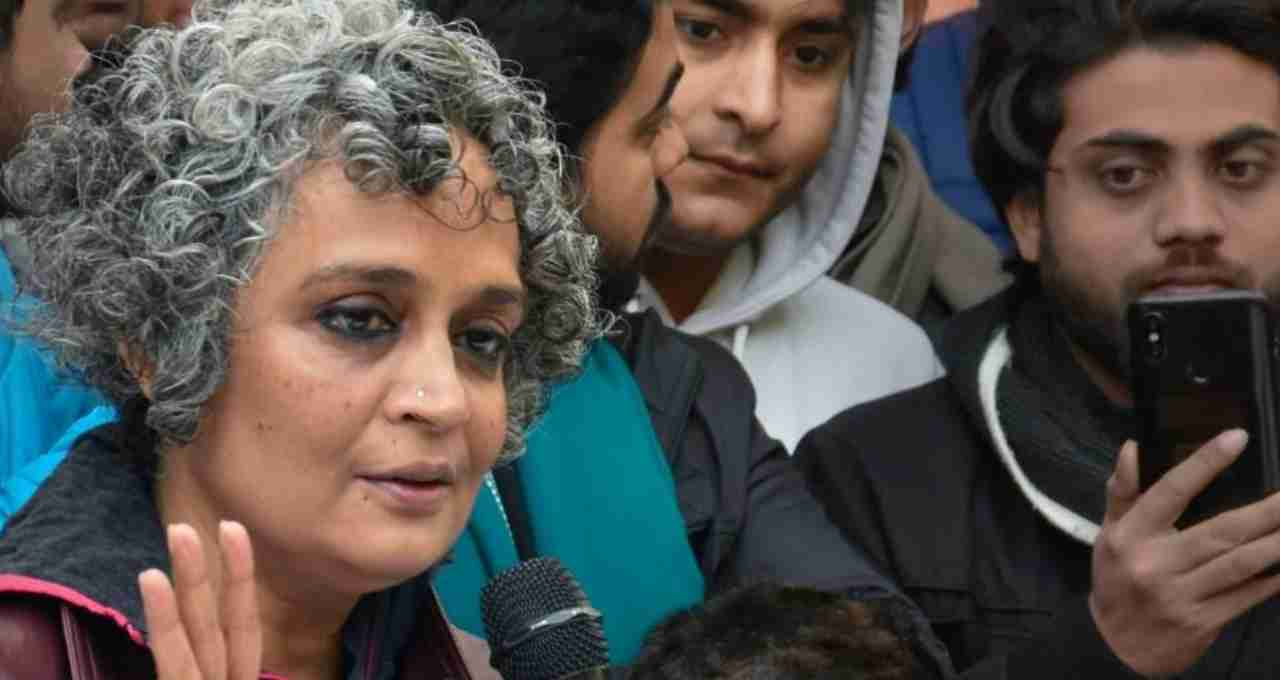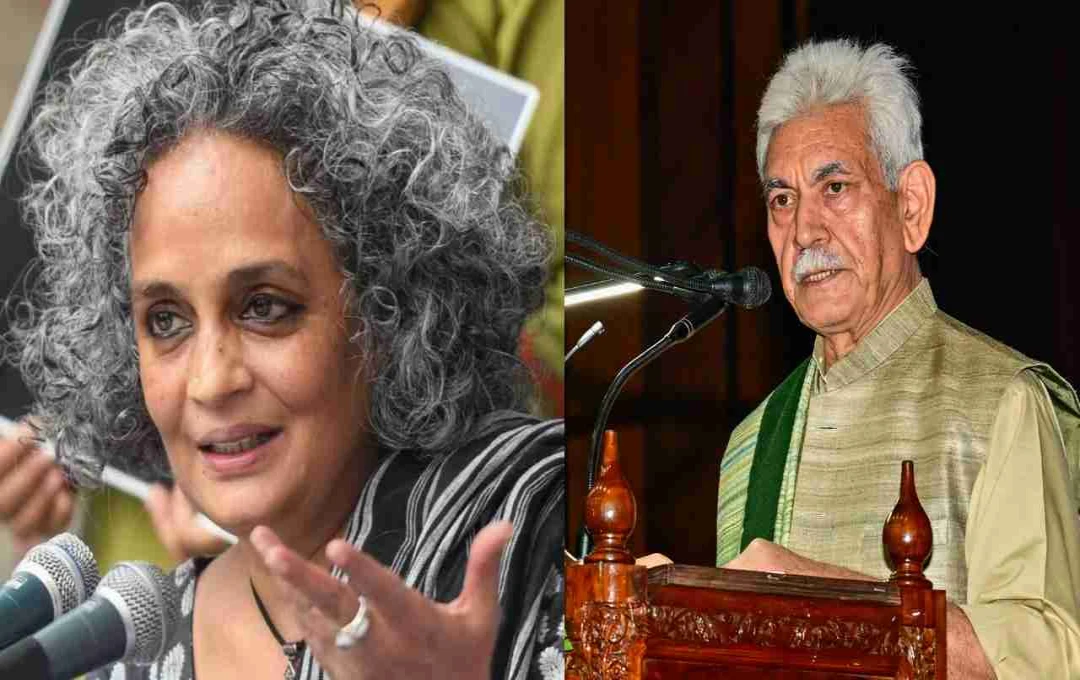The Jammu and Kashmir government has banned 25 books, including works by authors such as Arundhati Roy, A.G. Noorani, and Maulana Maududi. The books are accused of promoting separatism and false narratives.
Book Ban JK: The Jammu and Kashmir administration has banned 25 books alleged to promote false narratives, terrorism, and separatist ideologies in the region. These books include 'Azadi' by Booker Prize-winning author Arundhati Roy and 'Kashmir Dispute' by constitutional expert A. G. Noorani. The Home Department has issued orders to immediately ban and seize these books.
Books That Have Been Banned
The list of banned books includes international authors, Islamic scholars, and several writers on the Kashmir issue. Prominent among these are Maulana Maududi's Al-Jihad Fil-Islam, Independent Kashmir by Australian author Christopher Snedden, In Search of a Future by David Devdas, Kashmir in Conflict by Victoria Schofield, Kashmir Dispute (1947-2012) by A. G. Noorani, and Azadi by Arundhati Roy.

Government's Rationale: Misleading Literature for the Youth
According to the Home Department, the decision was taken based on intelligence reports and investigations. The order explicitly states that these books were being used to push the youth of Jammu and Kashmir towards radical ideologies, incite violence and terrorism, and strengthen separatist sentiments against India. The government has stated that this literature was disseminated in a planned manner to spread unrest in the region.
The Guise of Historical and Political Interpretation
The administration says that this literature often appears as historical or political commentary, but its real intention is to promote separatism and violence. Such books create confusion in the minds of the youth and lead them towards anti-India sentiments. This is why the government has taken a tough stance against such literature.
Freedom of Expression vs. National Security
This decision reignites the debate on the need to balance freedom of expression and national security. Authors like Arundhati Roy and A. G. Noorani have long expressed their opinions on Kashmir. Now that their books have been banned, the question arises whether this step limits freedom of thought or whether it is a necessary national security measure.
Government Policy Against Separatism

Since the abrogation of Article 370 in Jammu and Kashmir, the government has made it clear that it will not tolerate any kind of separatist agenda. When books become a medium of ideology and pose a threat to the peace and integrity of the state, it becomes the government's responsibility to ban them. This ban is a step in that direction.
Such Decisions Have Been Taken Before
This is not the first time the government has taken such a step. Previously, restrictions have been imposed on the works of certain writers, journalists, and organizations in Jammu and Kashmir and other sensitive areas when their views were found to be against the unity of the country.
What Does the Law Say?
Under Section 19(2) of the Indian Constitution, the government has the right to impose reasonable restrictions on freedom of expression when it is against the sovereignty, security, peace, and morality of the country. In this case, the Jammu and Kashmir administration has implemented the ban using this provision.










